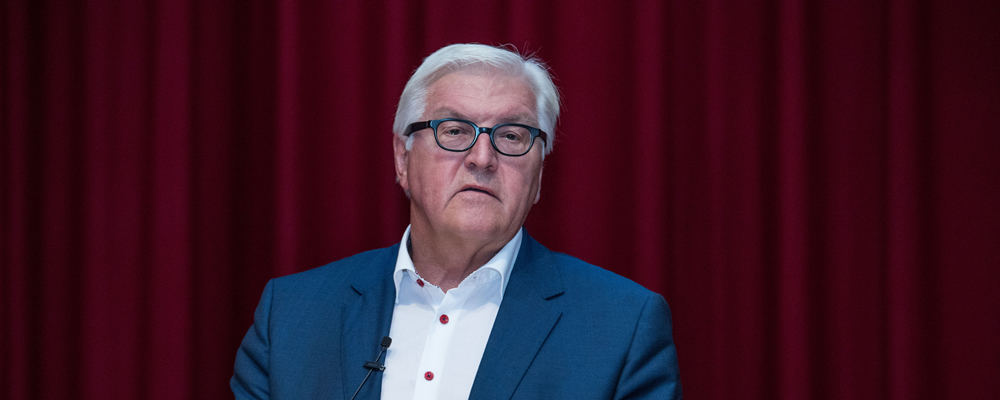Worries over the future of long-standing German Chancellor Angela Merkel have seen Euro exchange rates come under significant pressure since the start of the week.
As there is now a substantial risk that Germany could return to the polls in early 2018 for another election the Euro naturally trended lower across the board.
With the Eurozone’s key economic player looking set to remain tied up with domestic politics for some months to come the prospect of further integration within the bloc seems diminished.
This is likely to underline persistent worries over the stability of the single currency, even as the wider Eurozone economy continues to demonstrate robust signs of growth.
Unless Germany can find a stable government soon this could impact on domestic growth, potentially putting the brakes on the currency union’s strongest economic year in a decade.
However, as analysts at BBH noted:
‘We suspect talk of the end of Merkel’s tenure is greatly exaggerated. Surveys suggest Merkel’s CDU will remain the largest party, and within the CDU, there does not appear to be a compelling alternative. At first, it seemed that a minority government would be preferable to new elections. The fear seemed to be that new elections would see the AfD bolstered, but the initial poll suggests this is not the case. The FDP is seen as a somewhat irresponsible and may suffer on its leader’s gamble. The Greens appear to have won a few new supporters.’
Even so, as the initial surprise of the collapse of coalition talks diminishes the Euro New Zealand Dollar exchange rate could find some support.
A solid raft of Eurozone manufacturing and services PMIs could see the single currency return to an uptrend on Thursday.
NZD Downside Limited in Spite of Disappointing Inflation Data
The appeal of the New Zealand Dollar has remained relatively muted in the wake of disappointing food prices data, which highlighted a -1.1% contraction on the month.
With domestic inflationary pressure still rather lacking the odds of any return to hawkishness from the Reserve Bank of New Zealand (RBNZ) remain distinctly limited.
However, this was not enough to keep the EUR NZD exchange rate on a stronger footing as the ‘Kiwi’ encountered technical support.
After the persistent bearishness seen in recent weeks the downside potential of the New Zealand Dollar has diminished, with investors instead encouraged to buy back into the weakened antipodean currency.
Greater support could be in store for NZD exchange rates if the third quarter retail sales data proves positive on Wednesday night.
Any signs of faltering consumer confidence, though, could keep the New Zealand Dollar from recovering any particular ground.
Current EUR NZD Interbank Exchange Rates
At the time of writing, the Euro New Zealand Dollar exchange rate was trending lower in the region of 1.7171. Meanwhile, the New Zealand Dollar Euro exchange rate was making solid gains around 0.5821.



